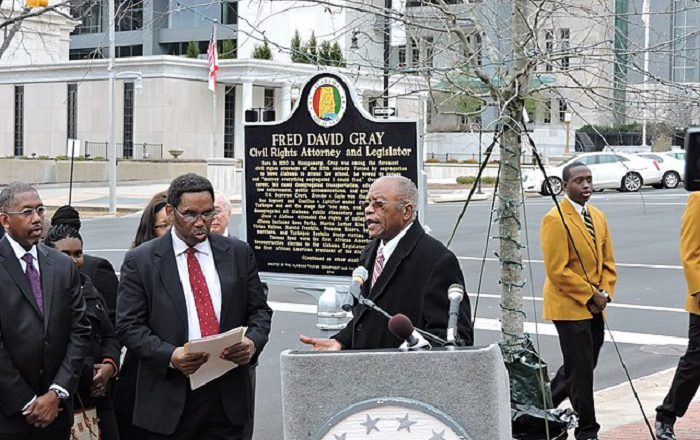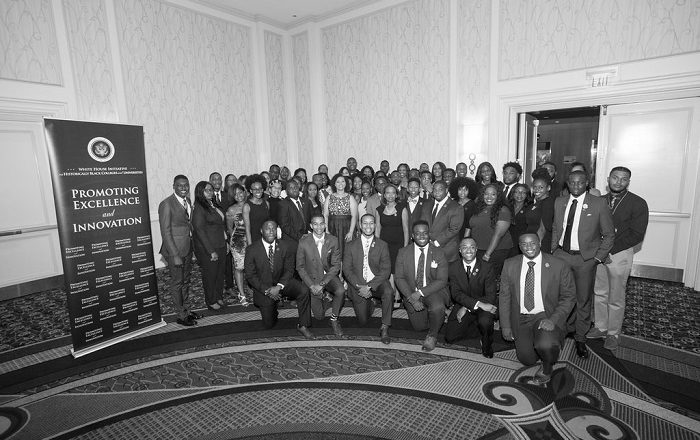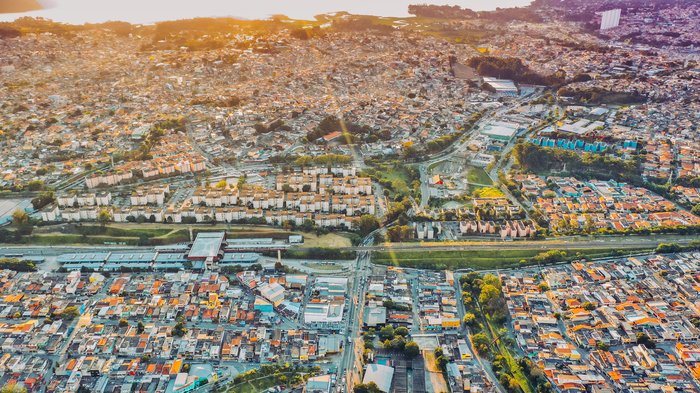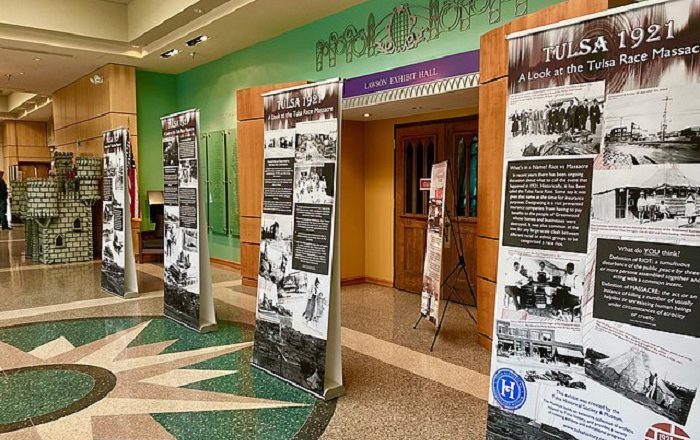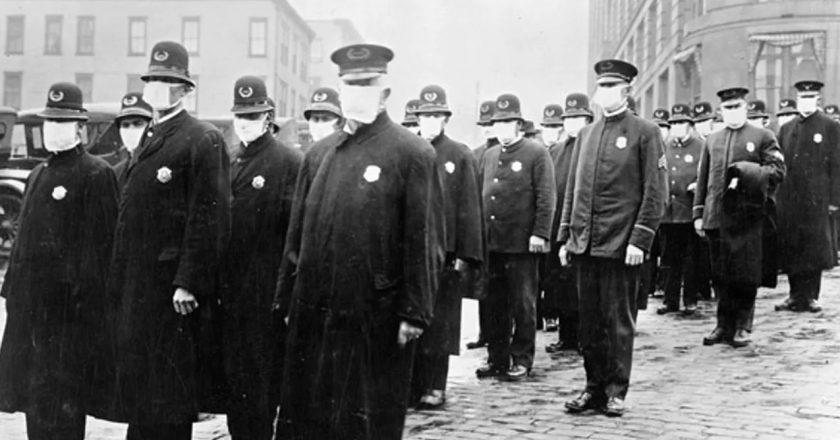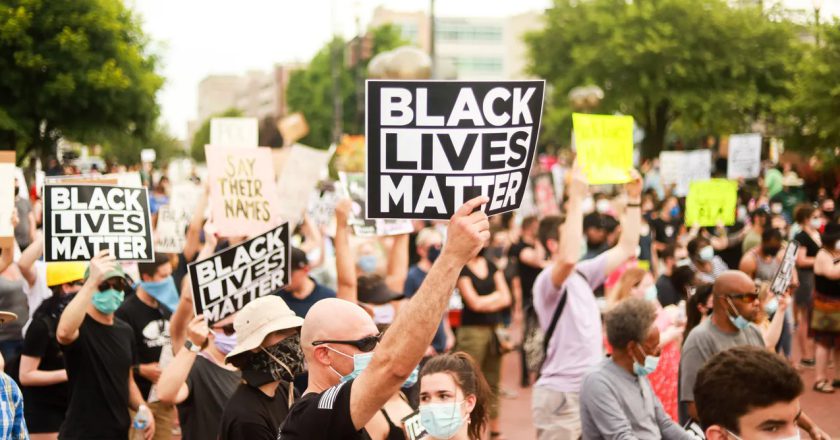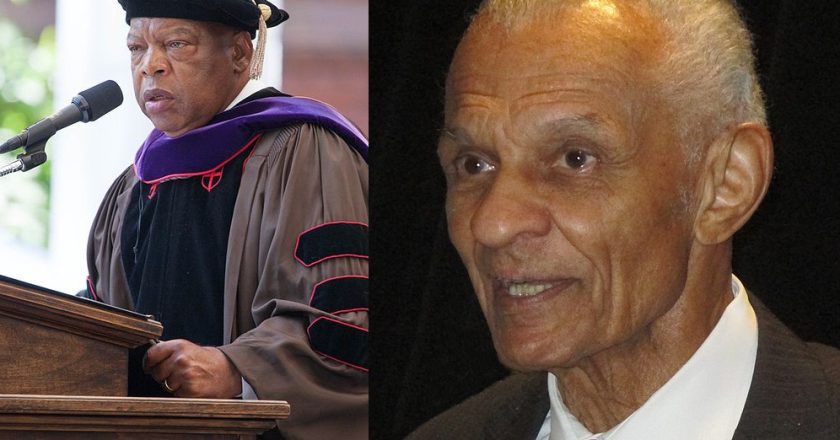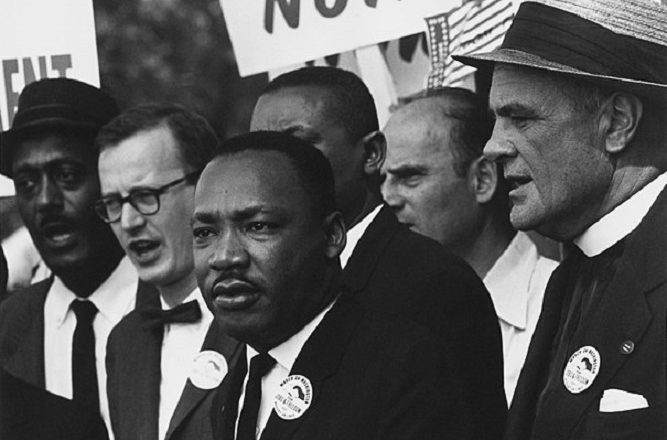The Chief Counsel For The Protest Movement, Fred Gray To Get Medal Of Freedom For His Civil Rights Work
Over the past seven decades, longtime Alabama civil rights lawyer Fred Gray represented Rosa Parks, Martin Luther King Jr. and the victims of the infamous Tuskegee syphilis experiment, in which the U.S. Public Health Service refused for decades to provide readily available treatment to Black men who had the disease.
Gray played important roles in landmark Supreme Court decisions that outlawed segregated public transit and affirmed the strategy of the Montgomery bus boycott organizers. He protected the freedom of association guaranteed by the First Amendment by preventing Alabama officials from obtaining the NAACP’s membership list. He argued in the Supreme Court a case on racial gerrymandering that redefined the city boundaries to exclude 400 Black people – but no white people – from the ...

